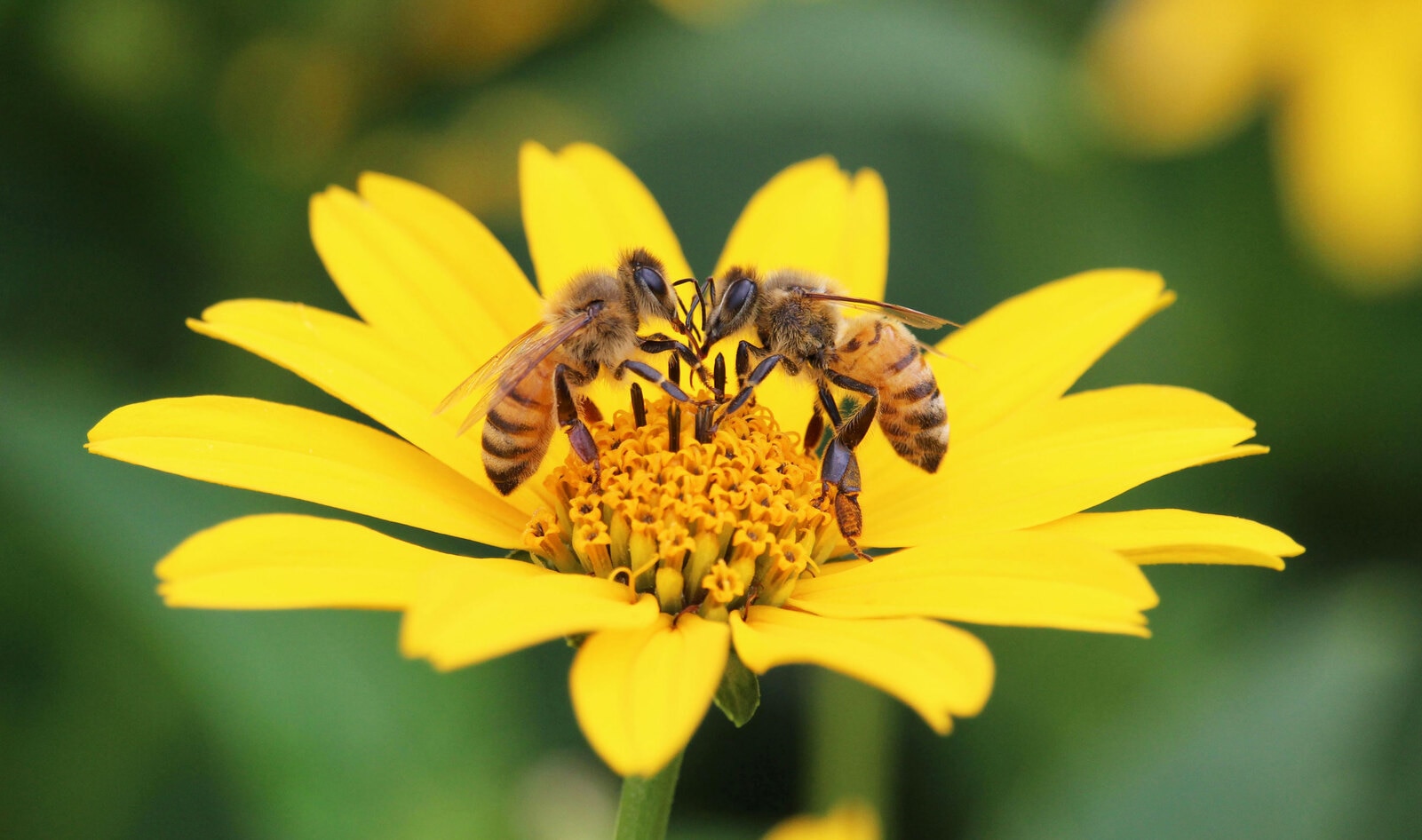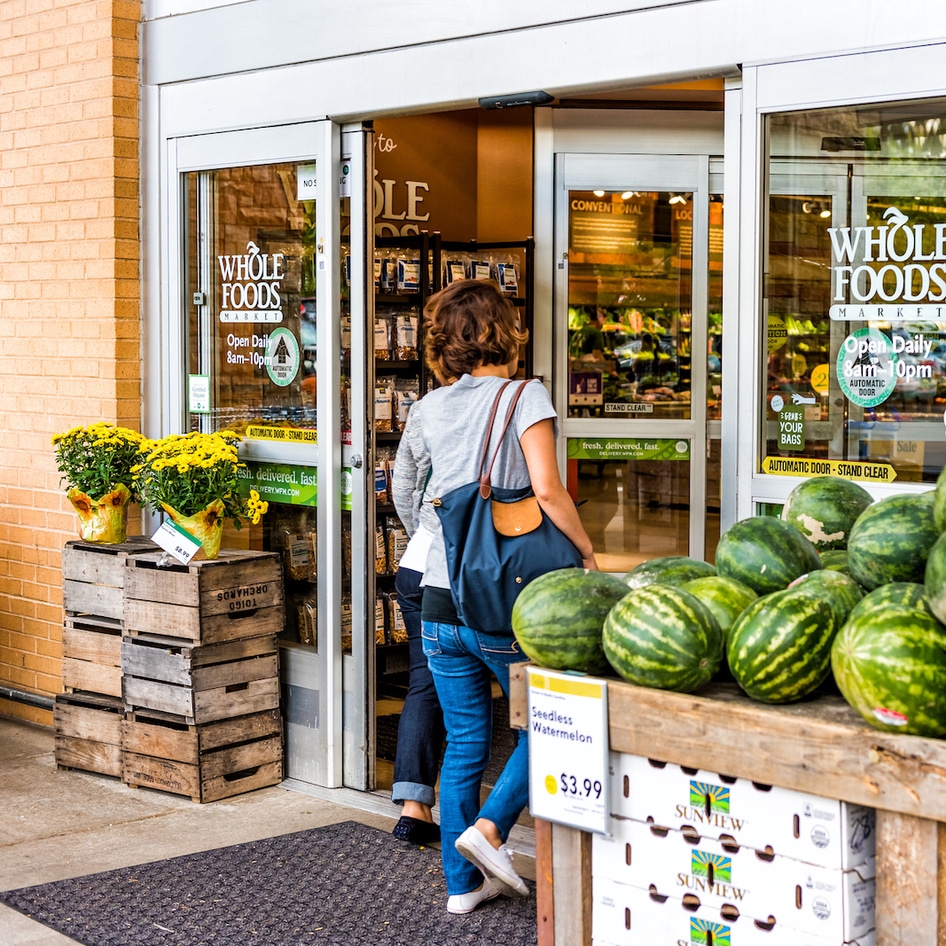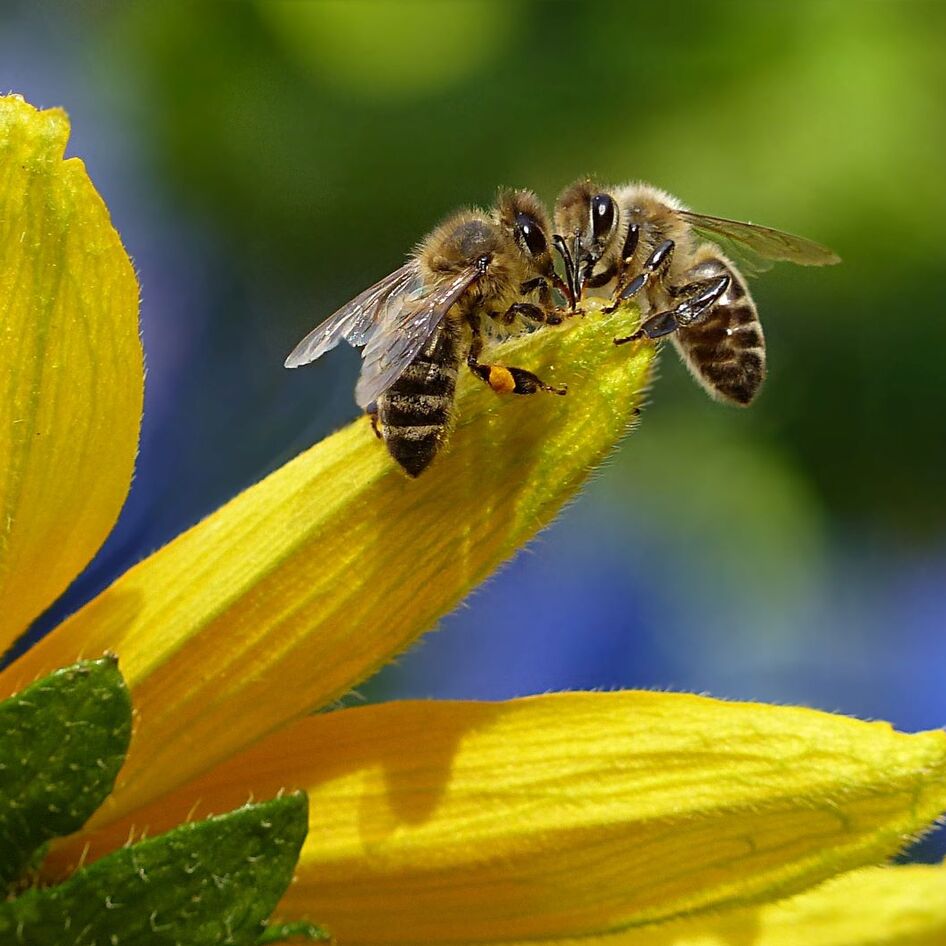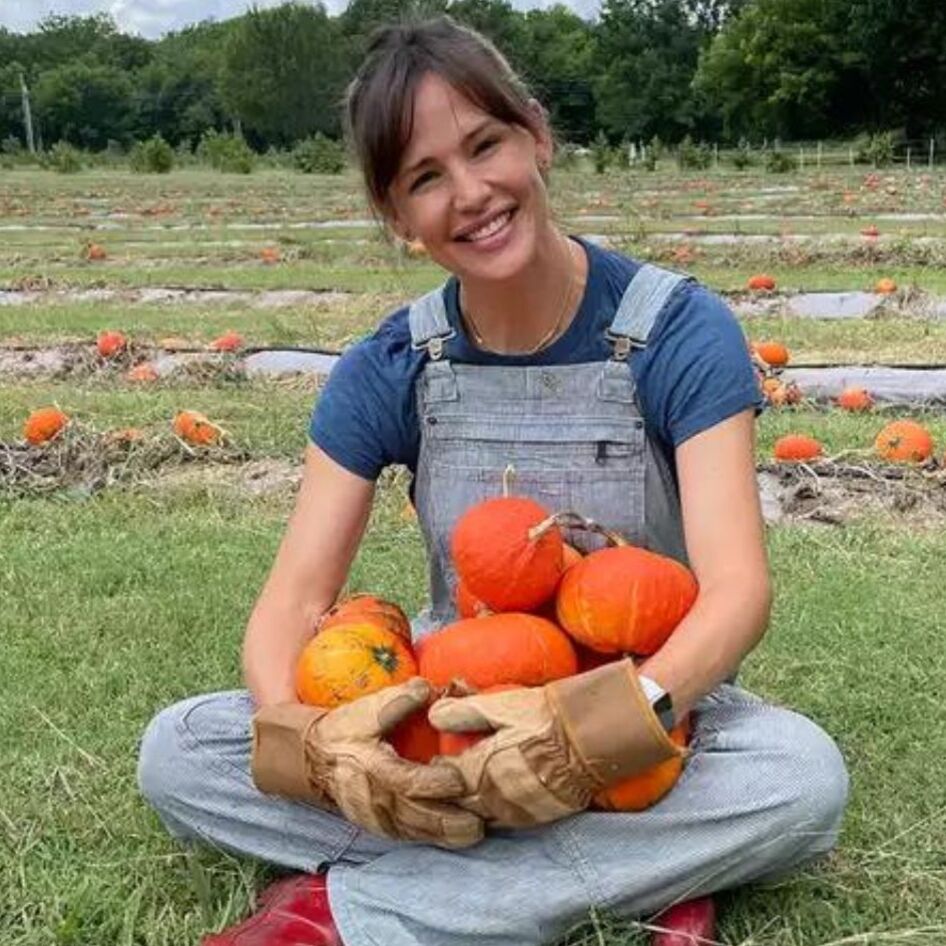When you walk into your local supermarket, your shopping list has the potential to contribute to a cause far greater than just your weekly meal prep. With major grocery chains such as Kroger and Whole Foods implementing initiatives to protect bees and other pollinators, your purchasing decisions can actively support these vital insects.
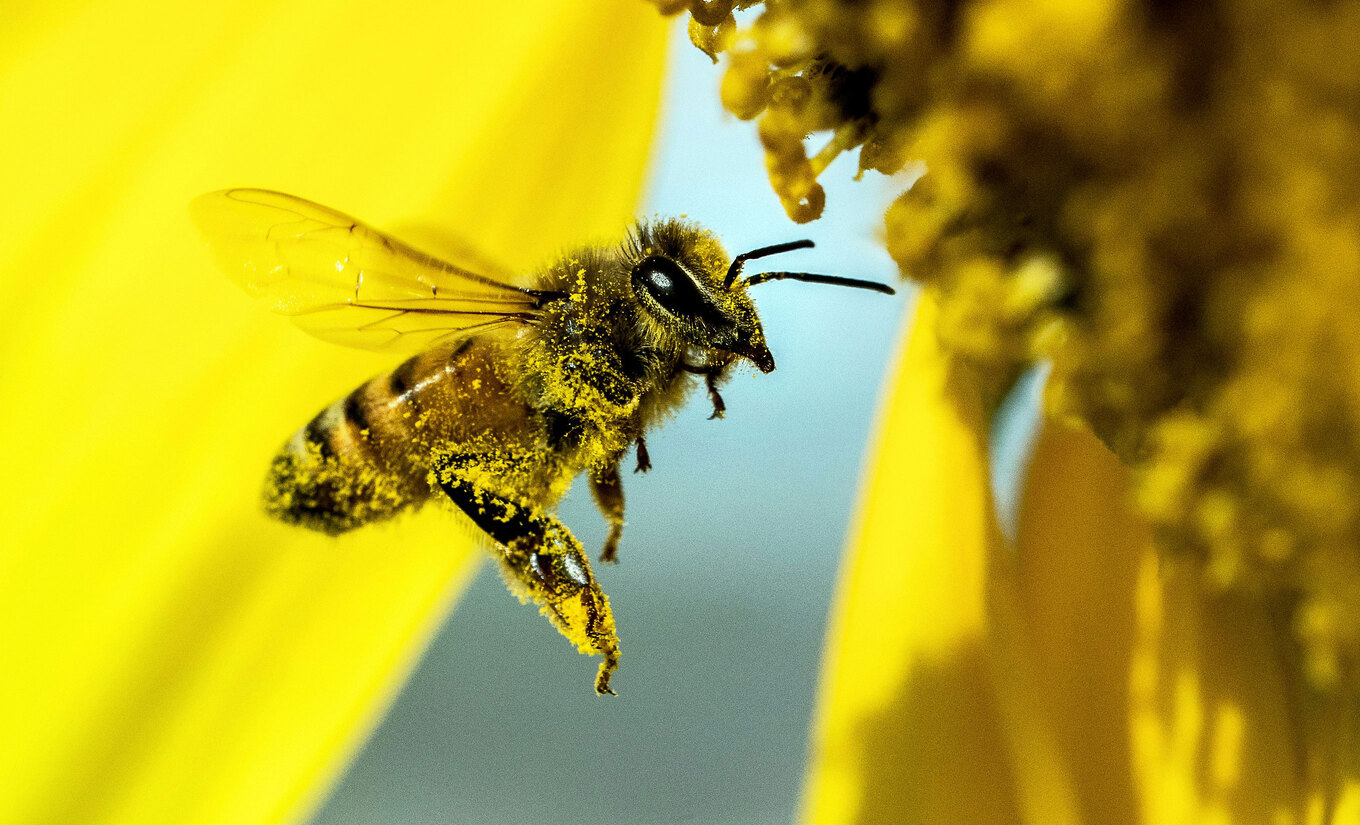 David Clode/Unsplash
David Clode/Unsplash
Protecting pollinators is crucial for several reasons, primarily because they play a vital role in pollinating many of the crops that supply the world with food. Pollinators are responsible for more than one-third of the food we consume, including fruits, vegetables, and nuts.
Without bees, many plants would fail to reproduce, leading to reduced crop yields, higher food prices, and potential food shortages. Additionally, bees contribute to the health of broader ecosystems by supporting the growth of flowers and plants that provide habitats for other wildlife.
Protecting bees from threats such as pesticides, habitat loss, and diseases is therefore essential for maintaining biodiversity, ensuring the sustainability of our food systems, and preserving the natural balance of ecosystems.
Grocery stores protecting bees
Kroger and Whole Foods are leading the retail sector in implementing procurement policies that aim to minimize harm to pollinators. Whole Foods’ commitment to phasing out the use of harmful nitroguanidine neonicotinoids by 2025 sets a precedent for reducing chemical pesticide reliance, acknowledging the detrimental effects these substances have on bee populations.
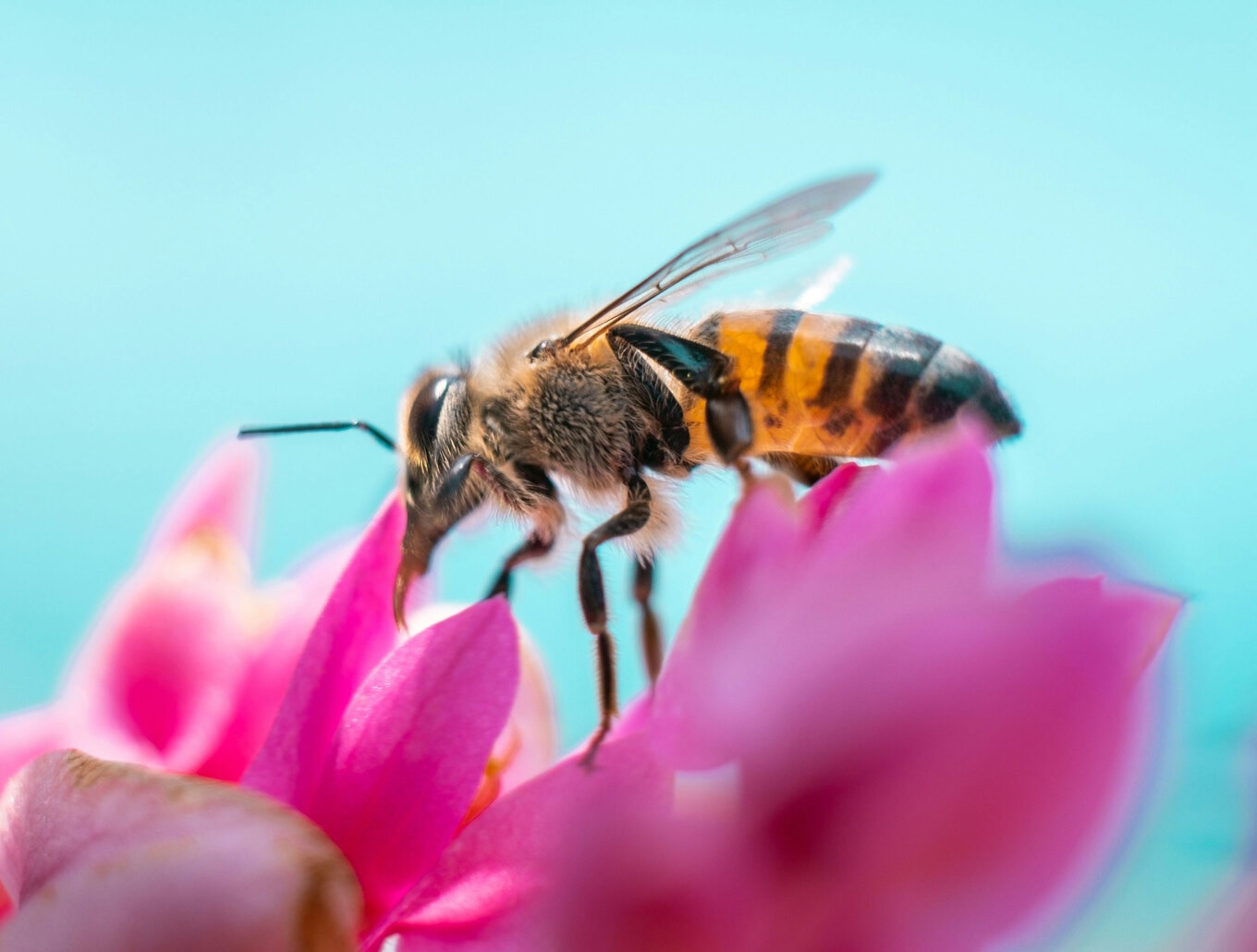 Arusfly/Unsplash
Arusfly/Unsplash
Similarly, Kroger’s initiative, which will be fully enforced between 2028 and 2030, mandates that suppliers achieve certification under sustainability standards like Bee Better, Fair Trade, or other organic frameworks recognized globally.
These measures are a response to the critical role that pollinators play in the ecosystem, especially their contribution to the pollination of over 100 types of crops in the United States alone.
“We recognize growers’ need for robust pest management,” Ann Marie, executive leader for quality standards at Whole Foods, told GreenBiz. “To produce healthy crops, growers use a variety of strategies and techniques to manage evolving pest and disease pressures.”
“Pesticides are one of many such strategies—along with good sanitation, prevention, and physical or cultural measures,” Marie said.
Since 2022, Walmart has also implemented a similar policy to protect bees.
Vegan milk needs bees
In addition to grocery stores, some retail brands have taken it upon themselves to protect pollinators. Last year, Silk—a Danone-owned brand known for its plant-based milks—took a creative approach to pollinator support with its “Silk Bee Line” project in Montreal.
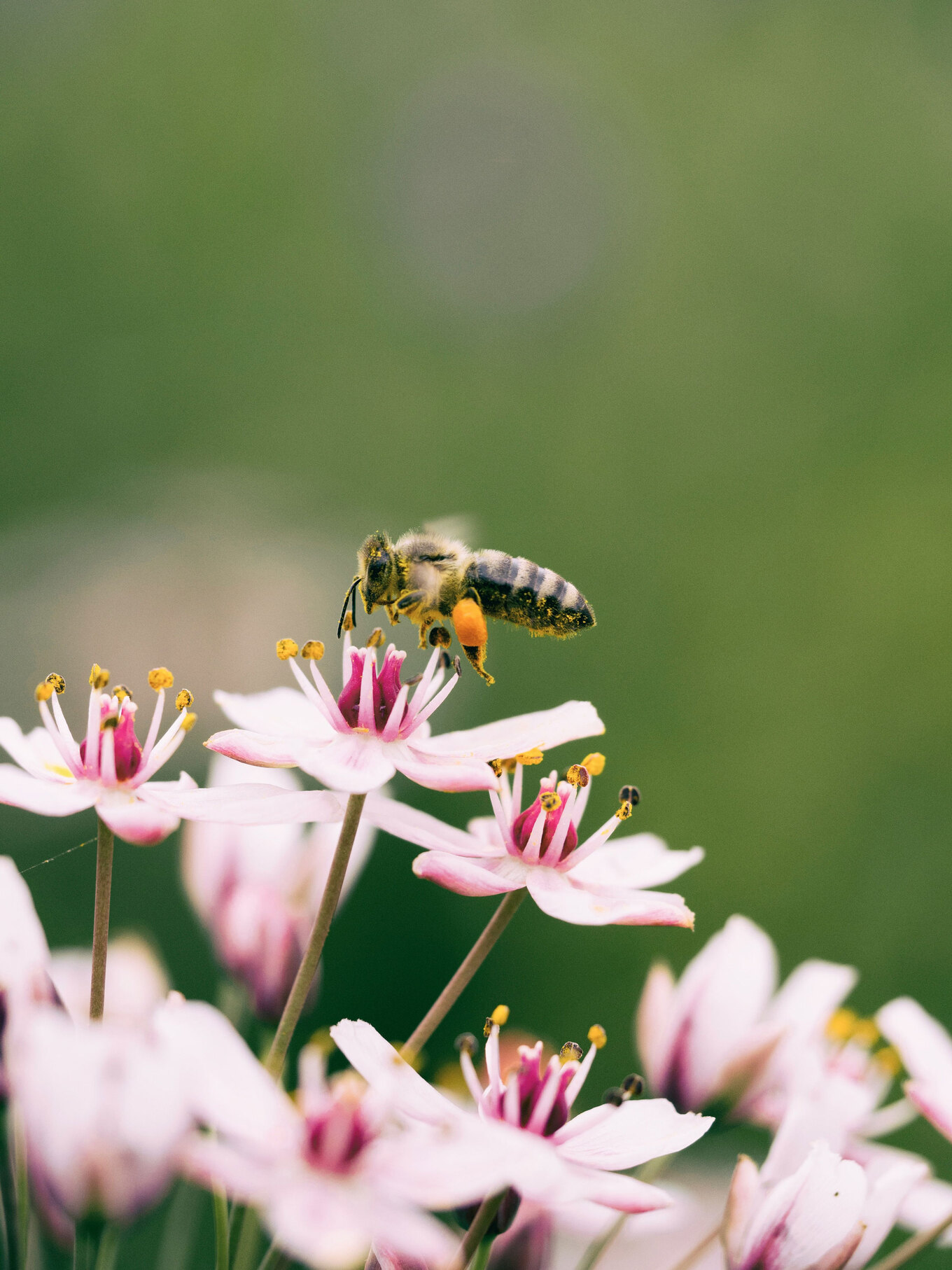 Aaron Burden/Unsplash
Aaron Burden/Unsplash
In partnership with Pollinator Partnership Canada and local businesses, Silk established an urban flower corridor that facilitates safe passage for pollinators across city landscapes. This initiative not only creates essential green spaces for bees in urban environments but also serves to educate the public on the importance of pollinators to our survival and well-being.
“Many pollinator populations are in decline, primarily due to the loss of habitats,” Kelly Bills, Executive Director at Pollinator Partnership Canada, previously said in a statement.
“We are proud to collaborate with Silk, and together, we can all contribute to supporting healthy and sustainable pollination,” Bills said.
Through projects like the “Silk Bee Line,” Silk hopes to address critical issues such as habitat loss and fragmentation, which significantly impact pollinator populations in densely populated areas.
Does eating honey support bees?
While protecting pollinators from pesticides is a step in the right direction, bee populations are also greatly harmed by the commercial honey industry.
Honey production by bees is a labor-intensive process that is vital for the survival of their colonies. However, the commercial honey industry’s practices, including the routine killing of bees for economic efficiency and artificial insemination, mirror the practices of other industries based on animal exploitation.
Overharvesting honey can deprive bees of essential nutrients, as they are left with insufficient honey reserves for winter. Furthermore, in addition to pesticides, the widespread use of antibiotics in commercial beekeeping can harm bees, contributing to declining bee health and increased mortality rates.
Commercial operations also frequently require bees to be transported over long distances for pollination services, a practice that can stress and disorient bees, exacerbating issues like Colony Collapse Disorder (CCD).
These practices—focused more on maximizing production and profit—can overlook the ecological importance of bees and fail to address the pressing need for their conservation and the protection of biodiversity.
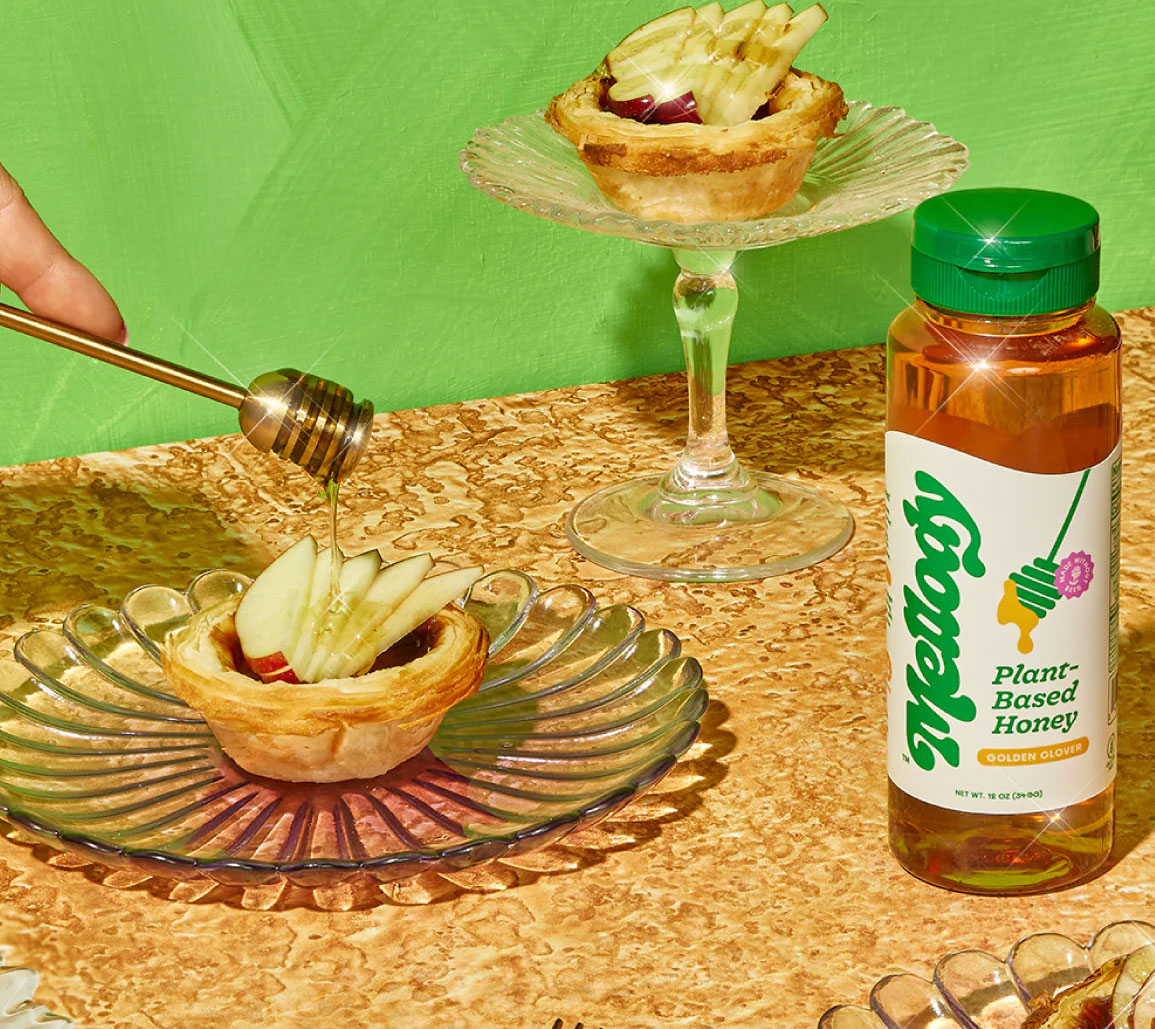 MeliBio
MeliBio
Luckily, alternatives to honey such as agave, brown rice syrup, and date syrup are available at retailers nationwide, including Whole Foods Market and Kroger. Plus, honey-identical products such as MeliBio’s Mellody—made with fermentation and without bees—are becoming more easily available to bee-loving consumers, as well.
For the latest vegan news, read:
JUMP TO ... Latest News | Recipes | Guides | Health | Subscribe

